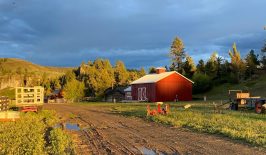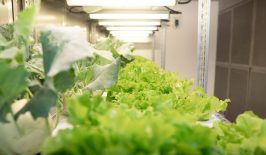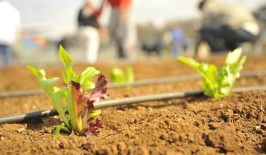More than 5,000 people have been forced from their homes onto the street due to the construction of yet another shopping mall in Bangalore. Last Monday, a mass protest was held in Jantar Mantar, Delhi, followed by a public hearing at the Gandhi Peace Centre yesterday. A consultation at the Indian Social Institute will take place today to discuss a way forward for those evicted from Ejipura neighborhood approximately six weeks ago.
Bangalore has become well known as the Silicon Valley of India, a capital for information technology and new home to a prosperous populace with expectations of what desirable urban living should entail. This envisioned city scenery does not seem to incorporate neighborhoods like Ejipura which are predominantly made up of poor residents. However, simply demolishing poverty from the picture cannot be considered a solution.
The bulldozed homes in Ejipura were originally built under the Economically Weaker Section (EWS) scheme nearly two decades ago. These were razed to the ground between the 18th and 21st of January, with help from the local city government and police, to make room for Maverick Holdings Pvt Ltd’s latest development project—more space for retail.
Shopping malls have become established features in Bangalore’s urban landscape. Oasis Mall, Forum Mall and Garuda Mall are all located within 4 kilometers or less of the building site in Ejipura. 15 acres of land were cleared to construct yet another mall, as well as new and better housing – but not for the original inhabitants.
Residents of Ejipura were forcefully removed from the shelter of their humble homes and cast onto the street, without any refuge to turn to. Finding a roof to put over one’s head has become increasingly difficult for the poor in Bangalore. Evicted families from Ejipura cannot afford to relocate as real estate prices have been rising across the city, largely due to the downpour of international companies finding a foothold in the city.
New quarters are expected to be built on a space of 5 acres of land for the evicted inhabitants, a meager replacement considering their homes had previously covered a space three times greater. According to Bruhat Bengaluru Mahanager Palike (BBMP), the Greater Bangalore Municipal Corporation, these homes will be located 22 kilometers outside of the city in a village called Sarjapur and are not expected to be finished until 2015.
The demolishment of Ejipura has not been met with public indifference. Volunteers have rallied to help provide food, safe drinking water and blankets to the homeless, with a specific concern for the young and elderly.
After weeks of outcry, a protest has been organized in Delhi to address the land grab. On March 4th, hundreds of protestors exclaimed anger towards BBMP and the state government, and demanded that their homes be reconstructed just where they had been. Whether their voices are heard this week and appropriate actions are taken to address the dire situation remains to be seen.
Author: Kirsten Zeller/ RESET editorial
Sources and links:
- India Insight: blogs.reuters.com
- Public Matters: leoonpublicmatters.blogspot.in
- The Alternative: thealternative.in
- Ejipura Evictions: ejipuraevictions.wordpress.com








